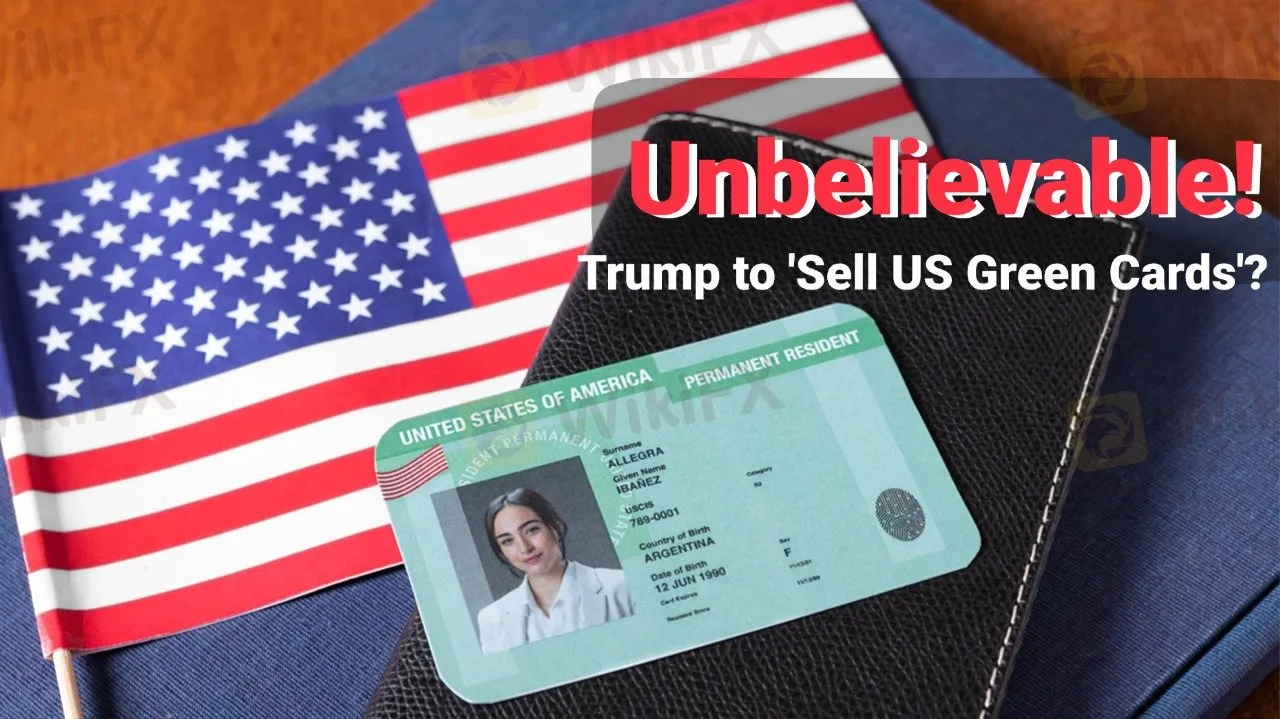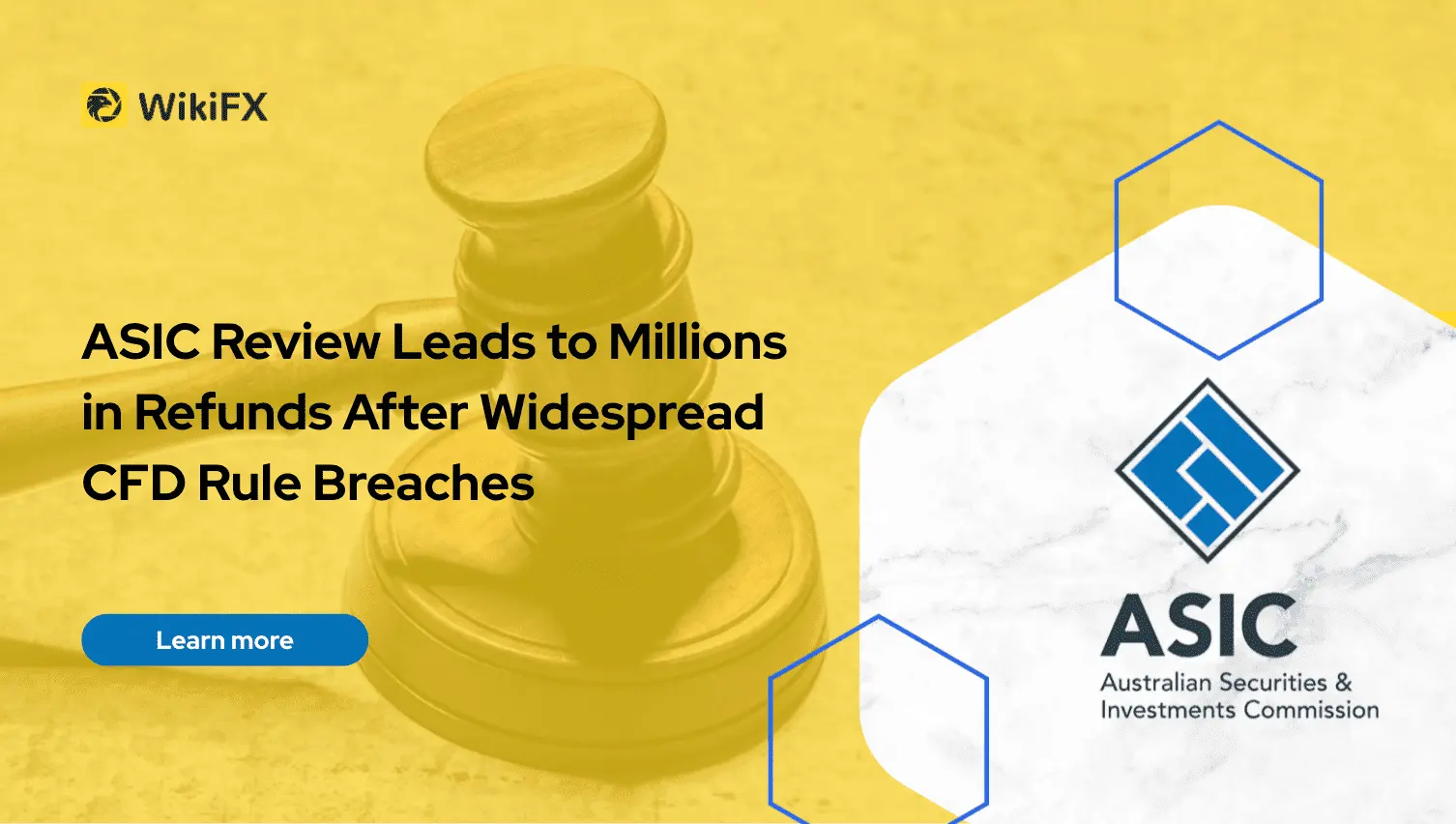Abstract:Trump has launched a shocking new immigration plan—the "Gold Card," priced at a staggering $5 million. What exactly is this all about? Let's take a closer look.

The “Gold Card” is intended to replace the EB-5 visa introduced in the 1990s, aiming to attract foreign investment, stimulate job creation, and boost the U.S. economy. According to Trump, the “Gold Card” will be launched in two weeks and is expected to sell one million cards, generating trillions of dollars in revenue.
What is the “Gold Card”?
The “Gold Card” is essentially an upgraded version of the U.S. Green Card. Foreigners who invest at least $5 million (about 36 million RMB) will be granted permanent residency in the U.S. Like a traditional Green Card, Gold Card holders will have nearly the same rights as U.S. citizens, including work authorization and permanent residency. However, unlike the Green Card, cardholders must reside in the U.S. for five years before they can apply for citizenship.
Compared to the EB-5 visa, the investment amount for the Gold Card is roughly 5.5 times higher. While the price of the Gold Card is steep, the Trump administration believes this policy will attract wealthier and more successful global individuals, bringing in more funds and job opportunities for the U.S. through their investments.
Market Reaction to the “Gold Card”
Once the “Gold Card” was announced, it quickly sparked global discussions. Many wealthy international investors showed great interest in the program, especially those from economically unstable countries, who hope to secure permanent residency in the U.S. through purchasing the “Gold Card.” However, some critics have raised concerns, arguing that the plan could exacerbate social inequality and negatively impact traditional immigration processes.
Nevertheless, the enthusiasm for the “Gold Card” remains high. However, the success of the plan still depends on the legislative process. Although Trump claims the program will launch in just two weeks, it still needs to be approved by Congress before it can be implemented.
While the “Gold Card” program could bring a massive influx of investment to the U.S., its future remains uncertain, and many are watching to see how the public and policymakers respond to this bold proposal.








